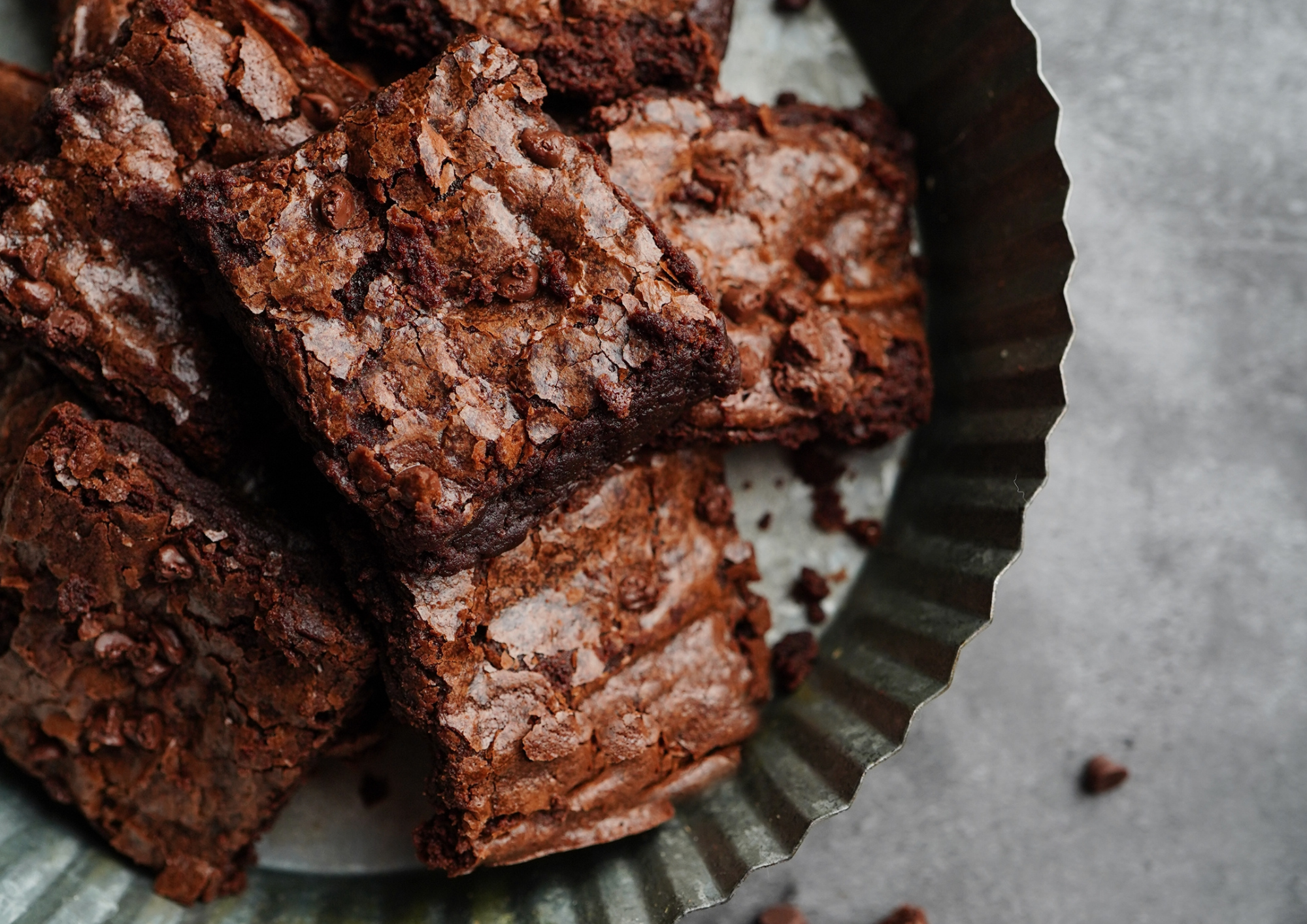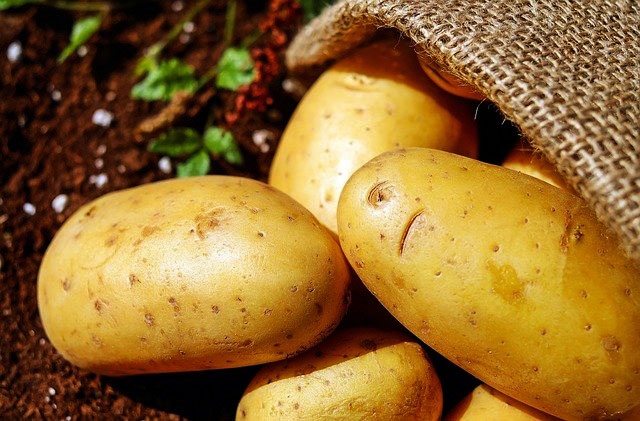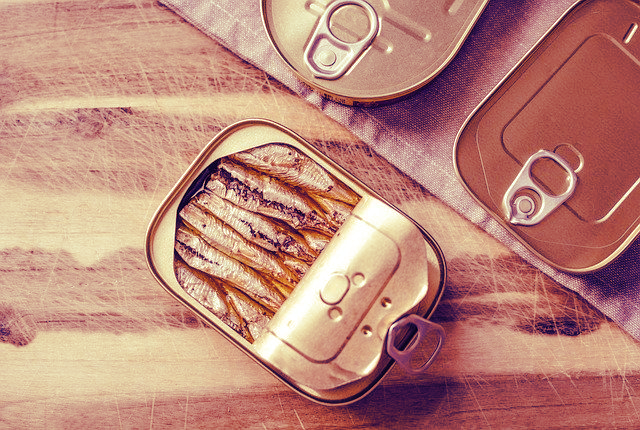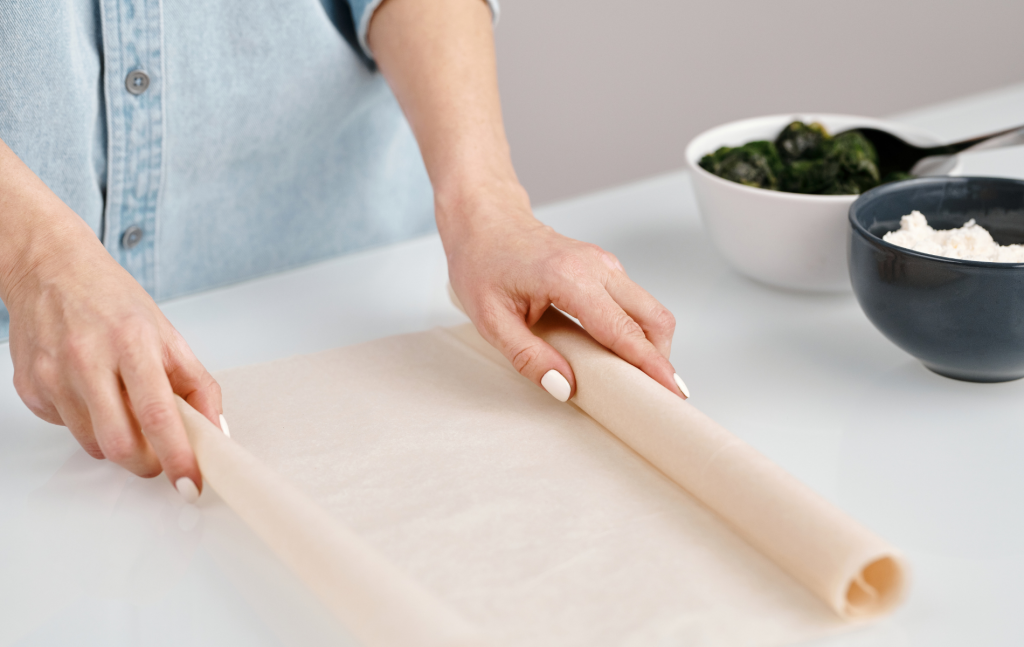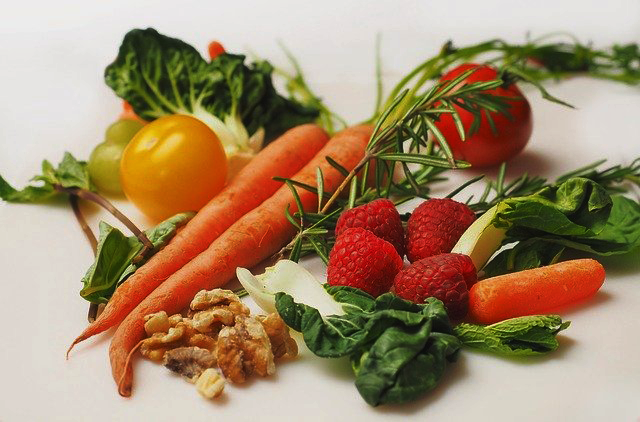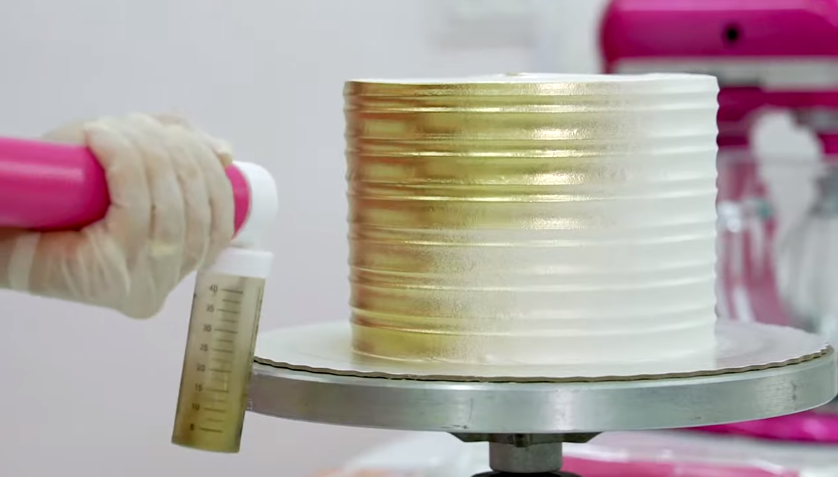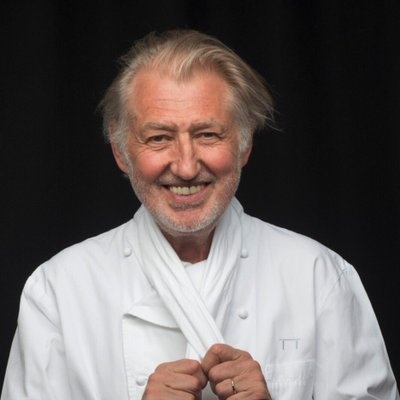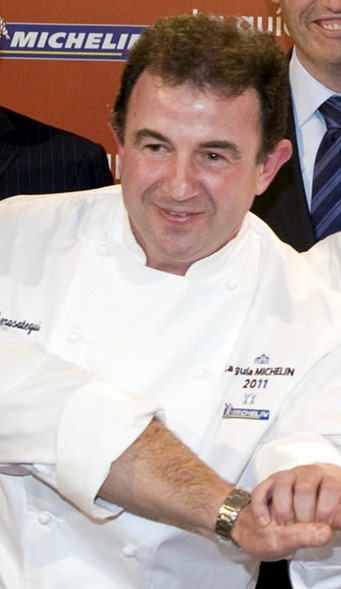If you are concerned about the safety of the eggs and specifically the prospect that your eggs may be contaminated with salmonella, then no, whipping does nothing to destroy the bacteria and surprisingly, neither does chilling. Salmonella are one of a few harmful food-borne bacteria that can survive refrigerator temperatures.
We were taken to task recently by a reader for not including a disclaimer with an article on Caesar Salad that uses a lightly coddled egg in the dressing. Her point is that there may still be people roaming the countryside who have not heard about salmonella and will assume that a recipe that includes uncooked or partially cooked eggs will be safe.
For the record, the US Food & Drug Administration and the Centers for Disease Control and Prevention advise against eating any raw egg in any form. Both groups want you to cook eggs completely and thoroughly. The restrictions this involves - no Hollandaise, no Béarnaise, no chocolate mousse, no Caesar Salad dressing, no Baked Alaska, no homemade eggnog, etc., etc. - are more than many people and many cookbook authors can bear. Consequently recipe writers, in particular, take several approaches. They issue apparently standard disclaimers that "unless you know the source" of your eggs, unless you live in an area where salmonella has not been found, and unless you are comfortable with the idea of consuming eggs that have not been heated high enough to ensure that any salmonella bacteria has been destroyed, perhaps you should look for another recipe.
Cookbook author Alice Medrich has gone a step further by devising a method for taking egg whites to the safe temperature of 160°F (70°C) before beating them into a meringue. It appears in her well-respected book, Chocolate and the Art of Low-Fat Desserts (Canada, UK), where she says, "We may be personally willing to take our chances on eating some of these [uncooked or undercooked] delicacies, but conscience dictates that I not disseminate recipes that include raw or partially cooked eggs."
Having noted that, the incidence of salmonella poisoning is quite rare. In fact, a recent report in the New York Times stated that "the General Accounting Office estimates that 85 percent of food poisoning comes from the fruits, vegetables, seafood and cheeses that are regulated by the [Food and Drug Administration]," and not meat, poultry or eggs. The article goes on to say that incidents related to salmonella (from whatever source, including eggs) have tapered off in recent years.
any publisher would, we will provide notices that alert readers to food safety issues that they may want or need to consider. As cooks, we will rely on the intelligence of those readers to decide what they feel comfortable cooking for themselves and their families, as they have always done.
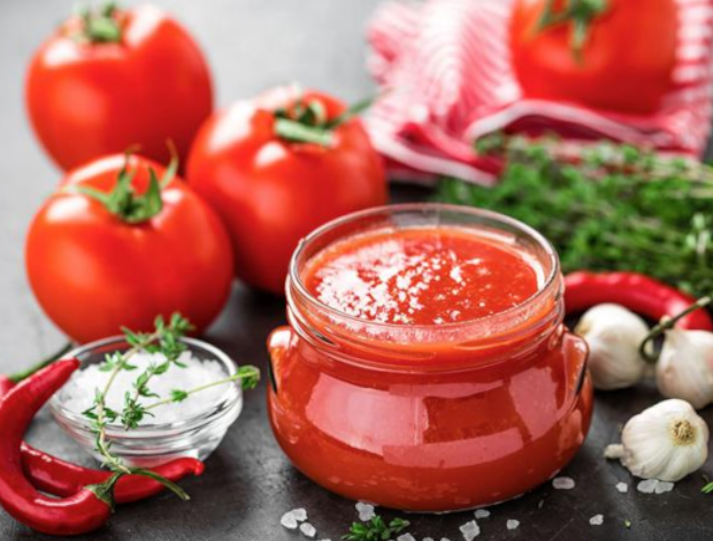
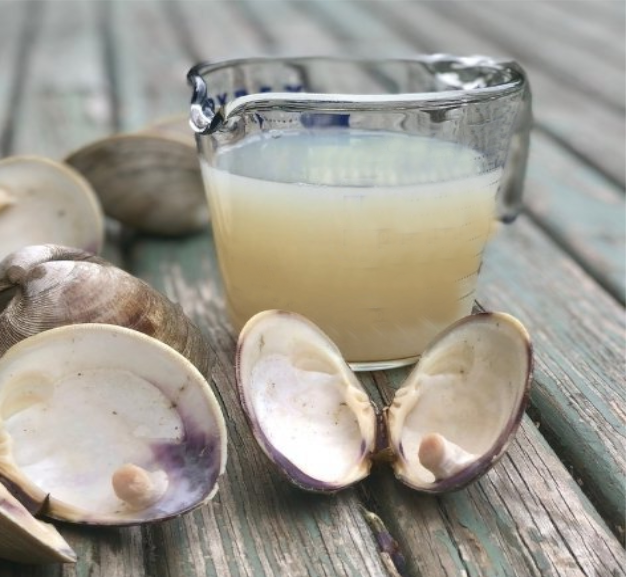
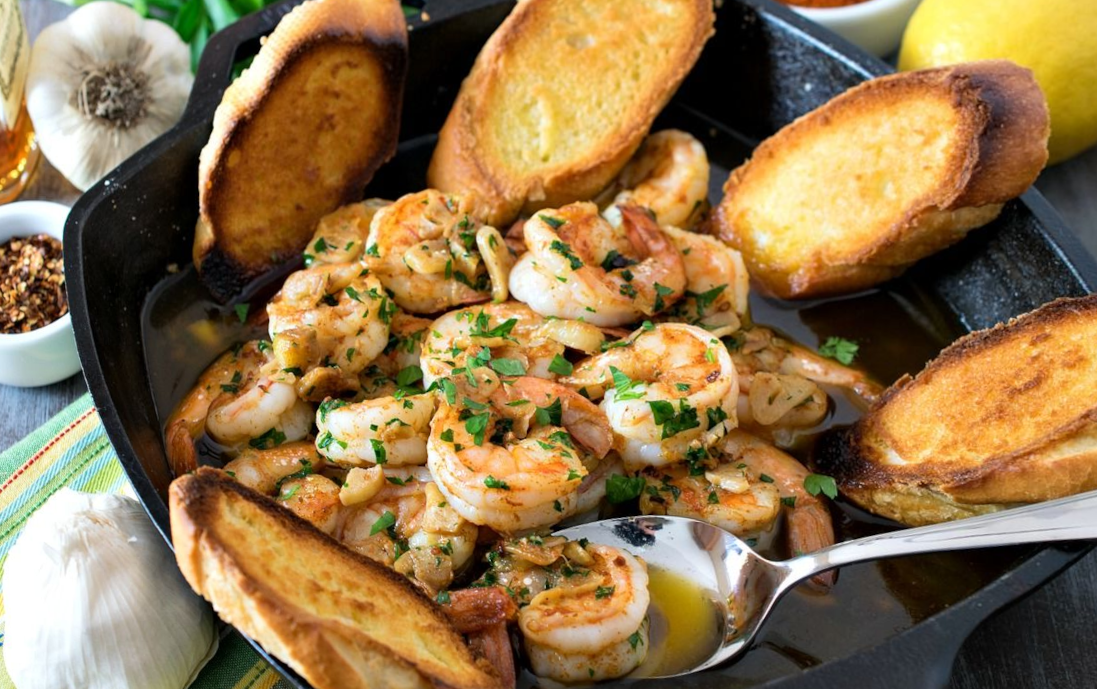

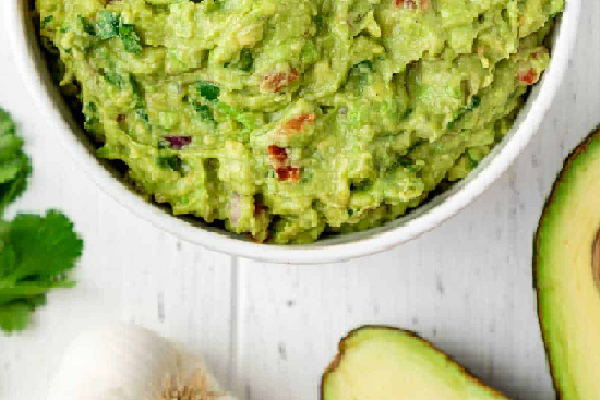
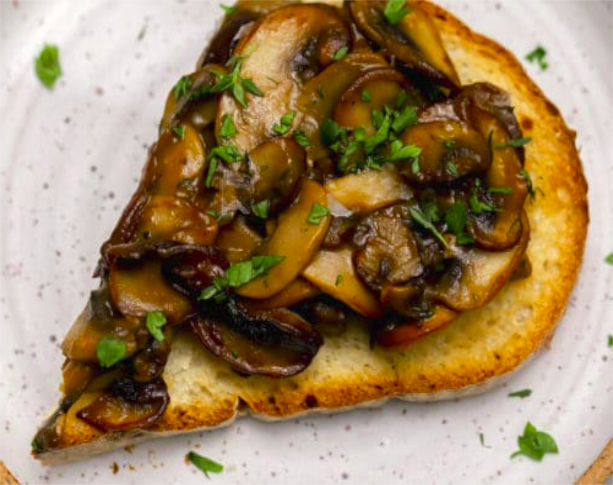
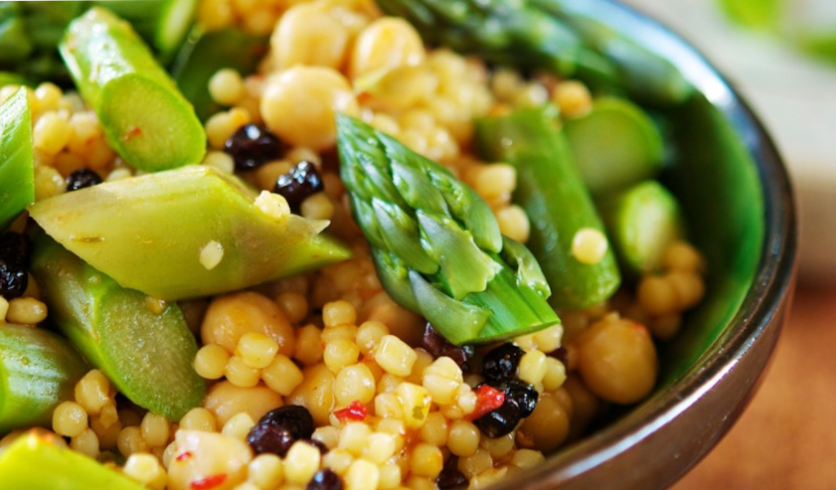
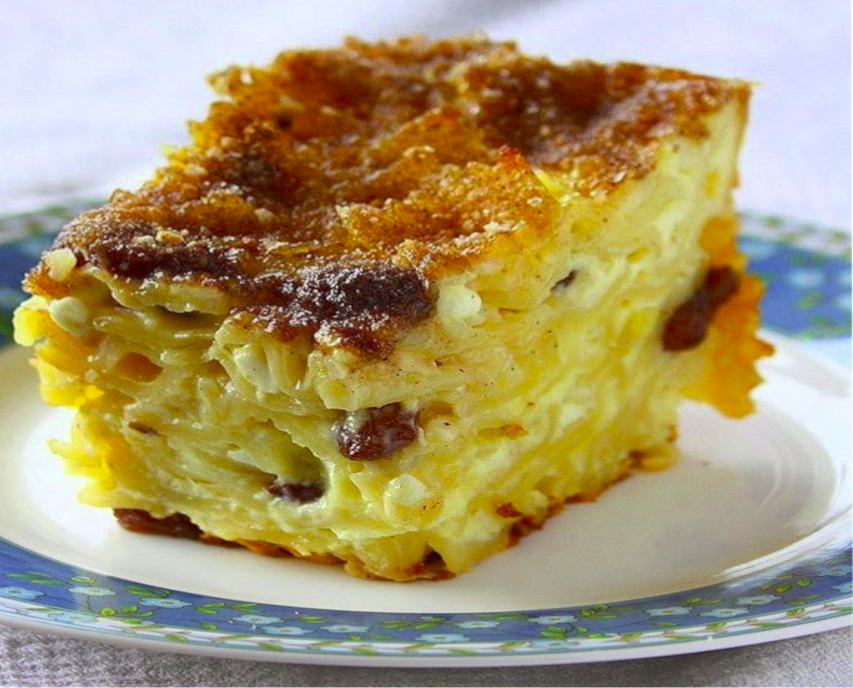


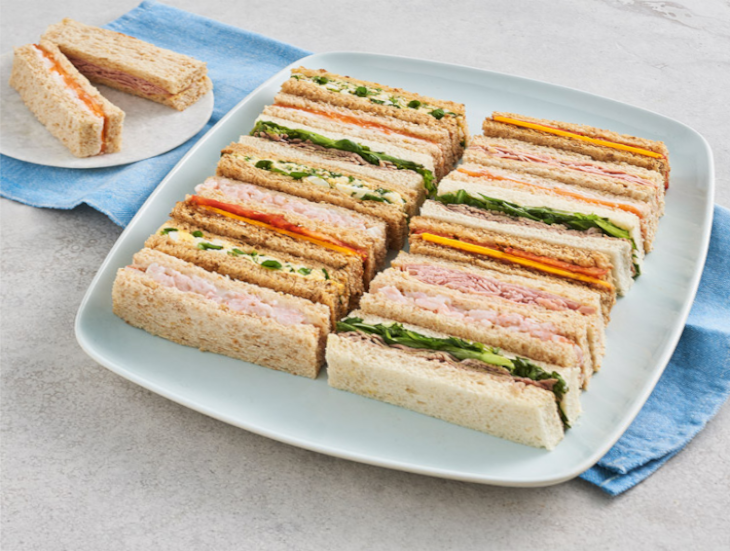



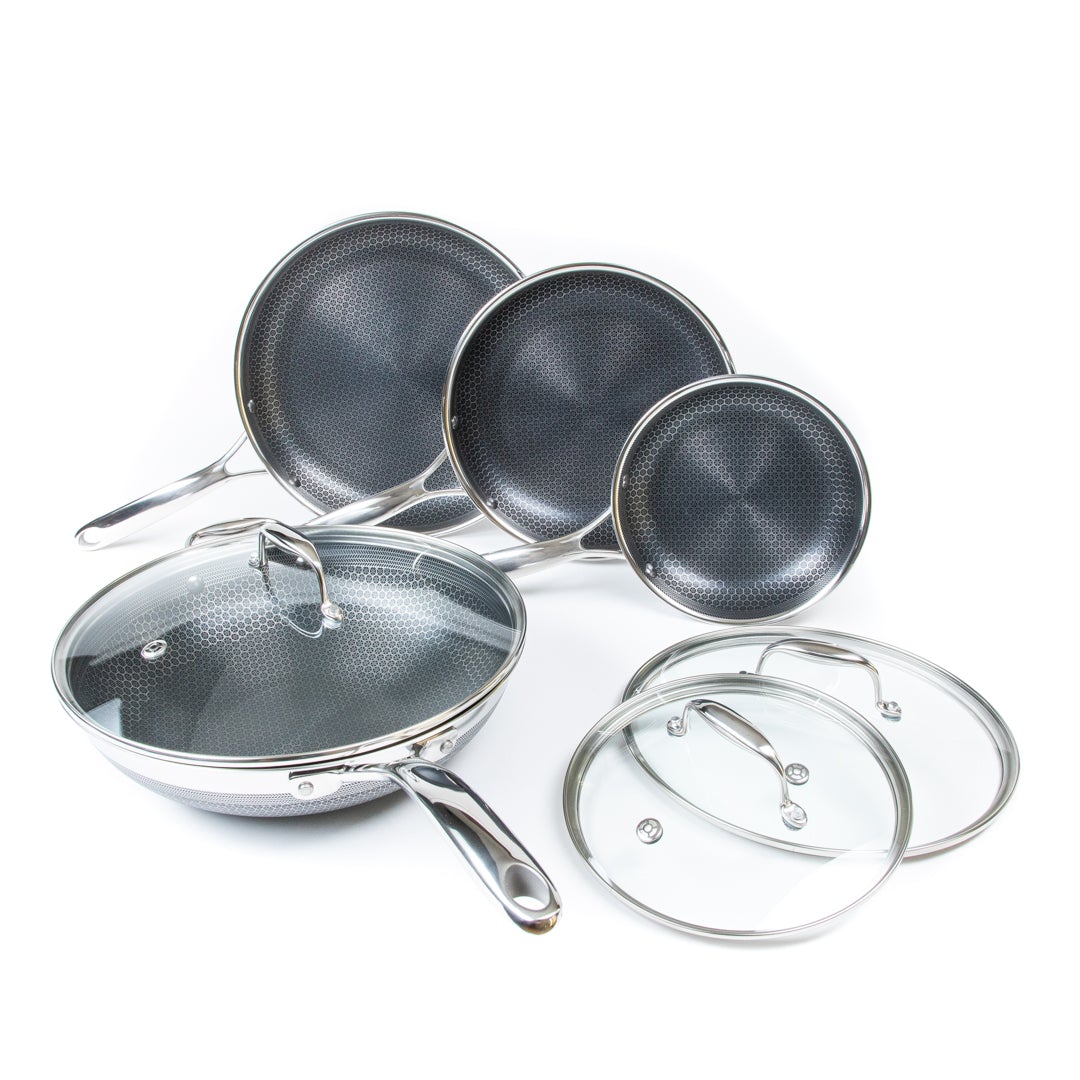
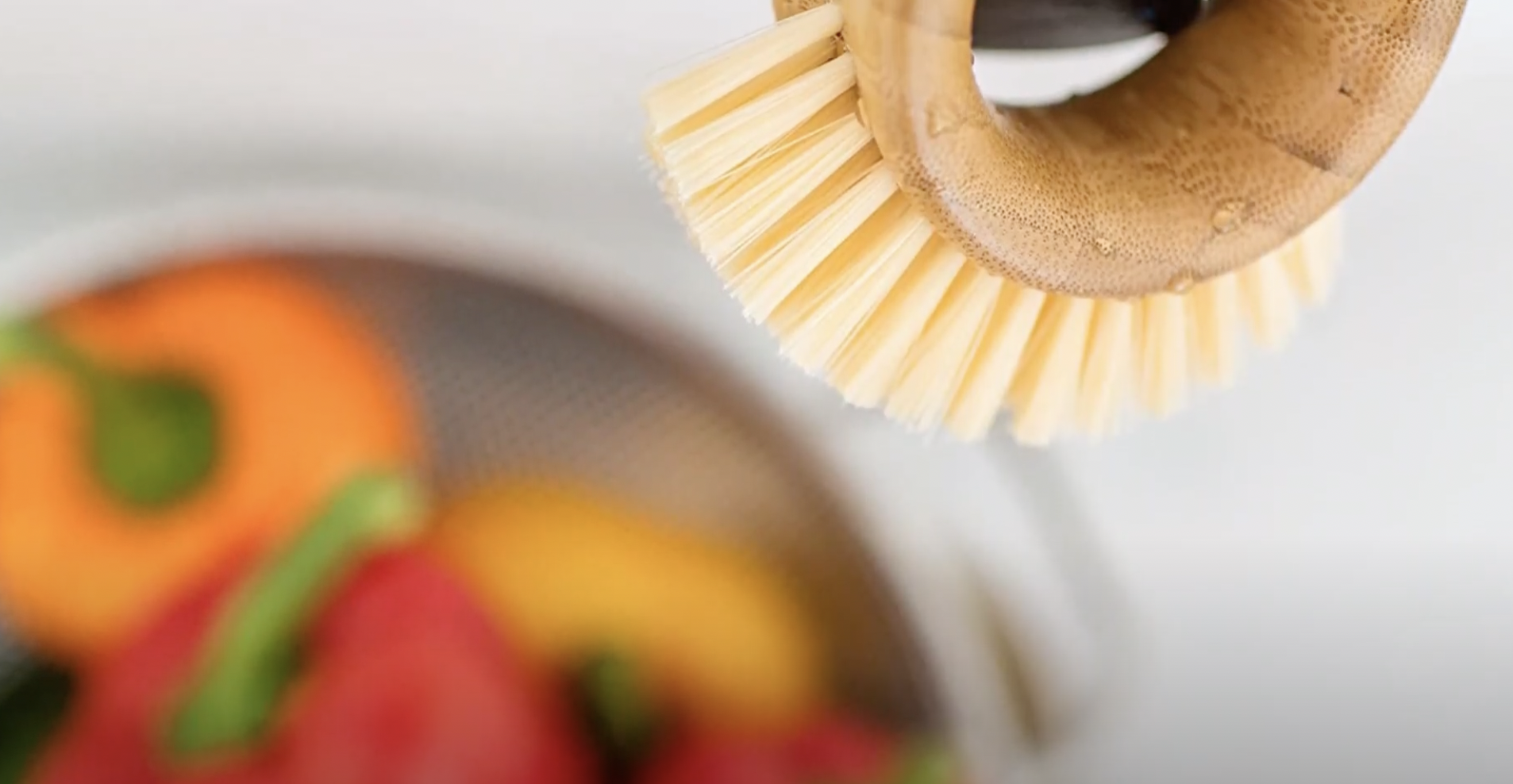
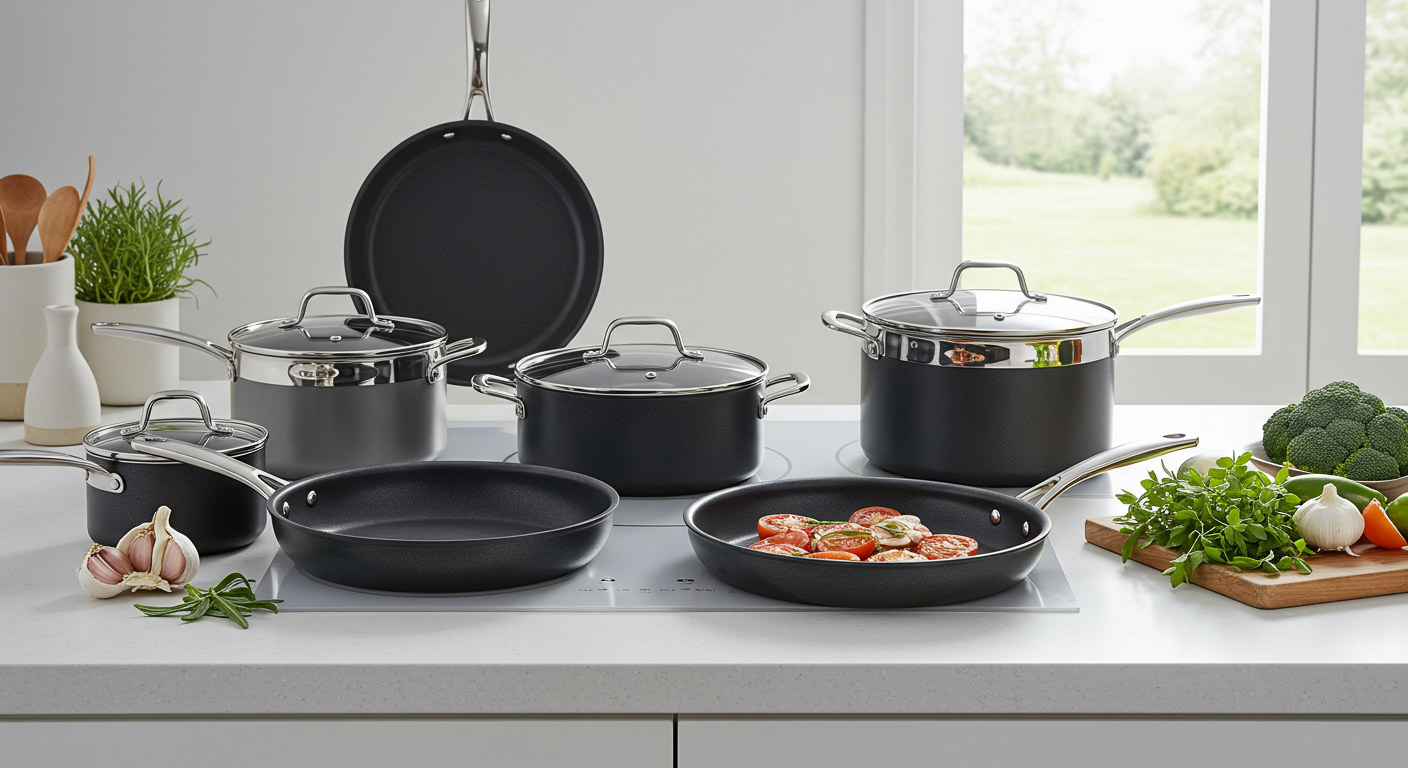

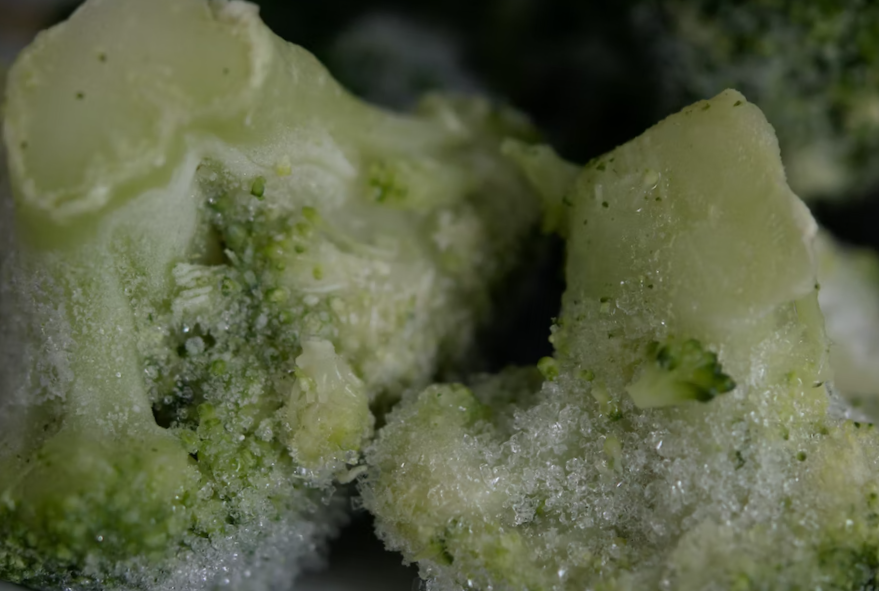
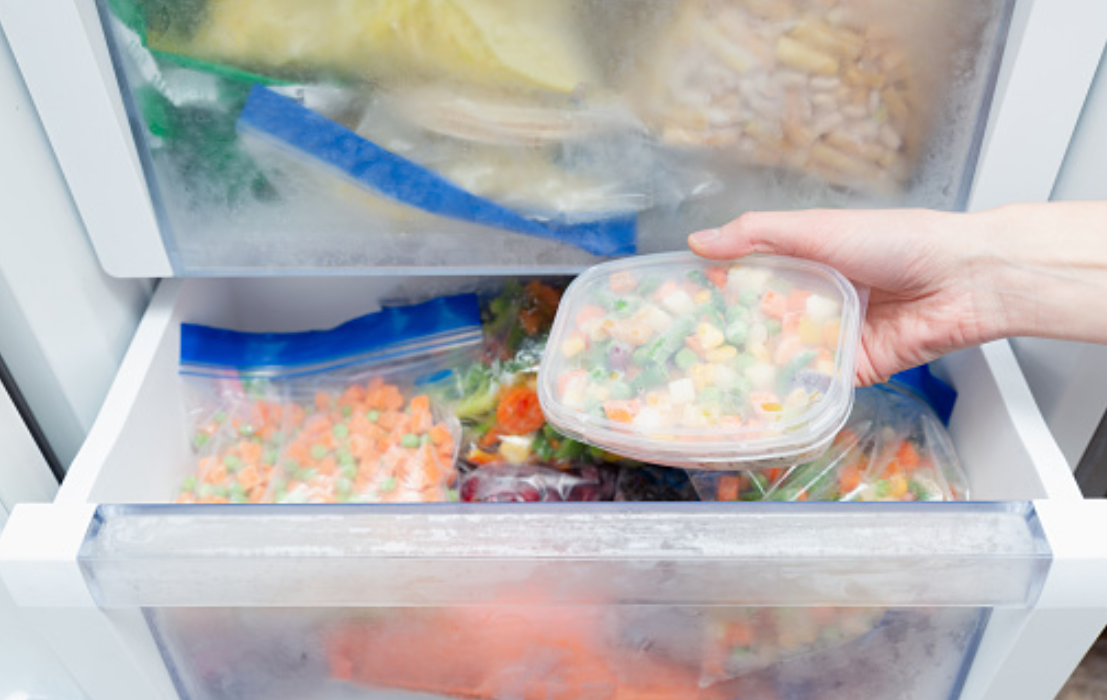
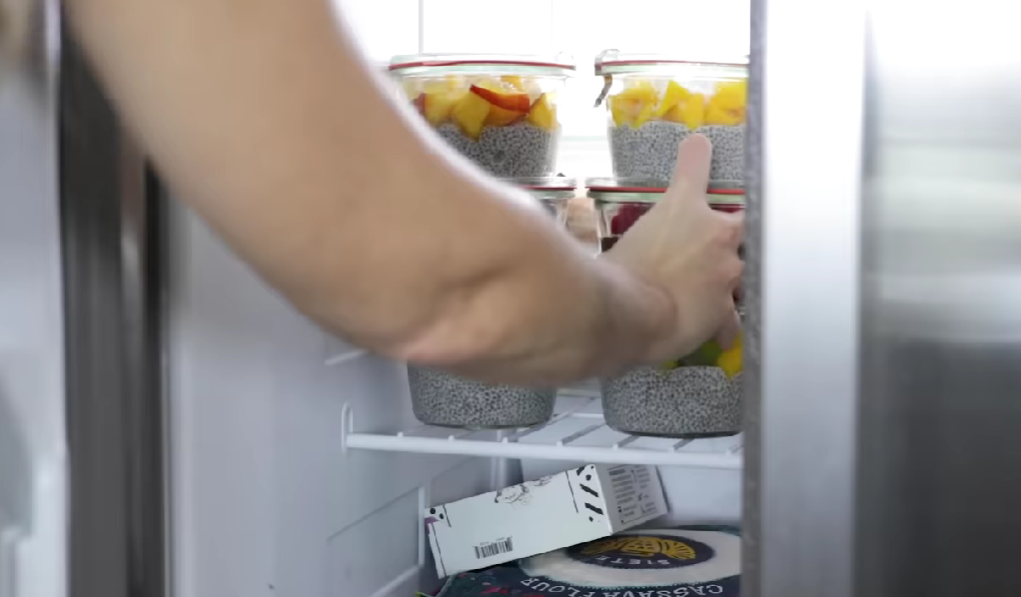
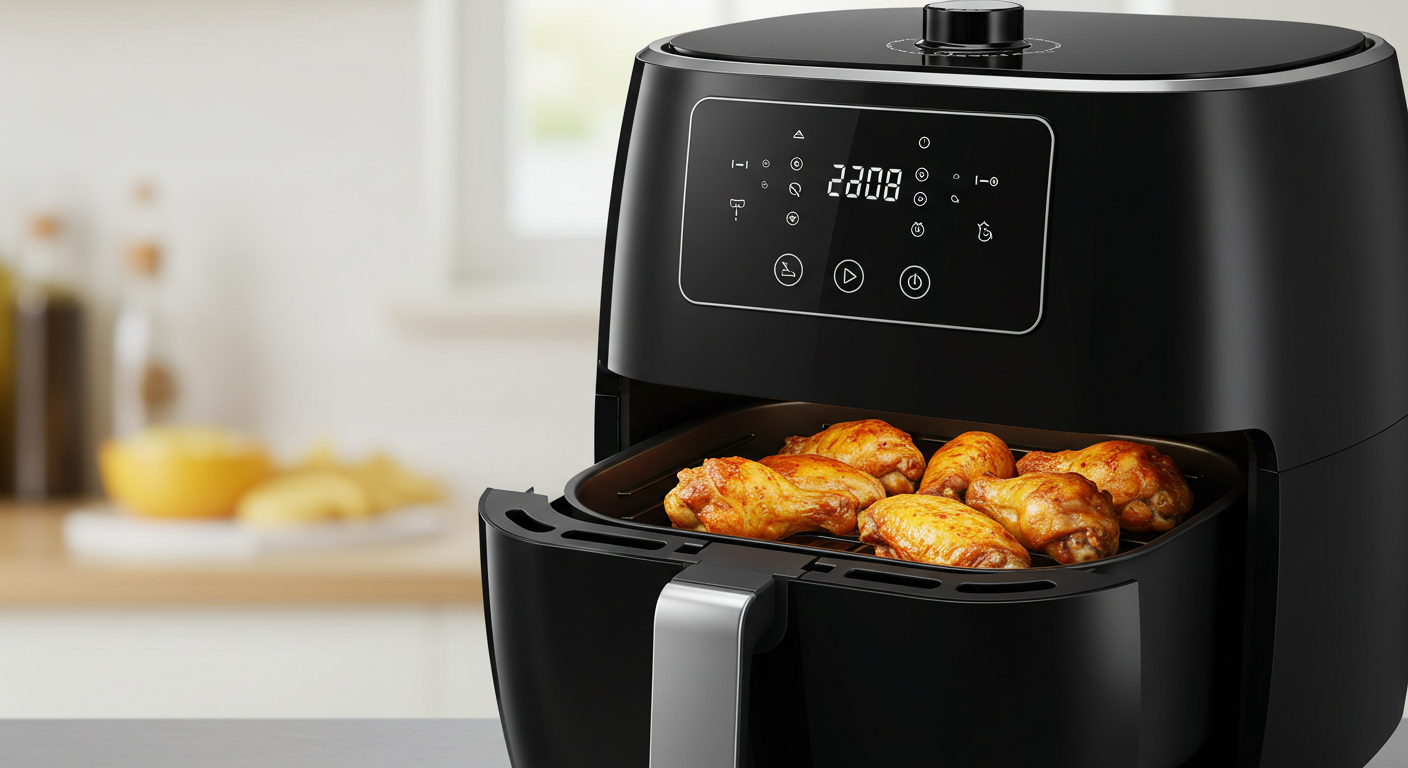

![Can you Cook Eggs in the Microwave? [Complete Guide]](/assets/images/c1f79d1cad59f18f9b5dc31403bd0eb2.png)
